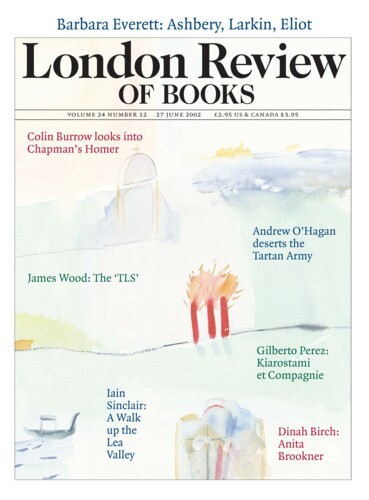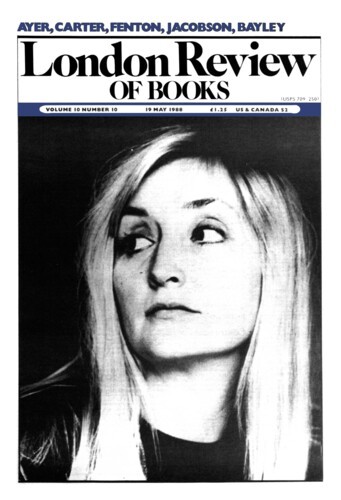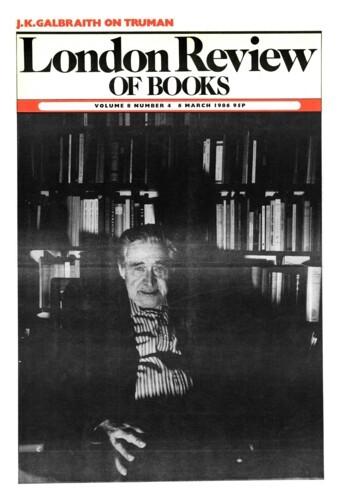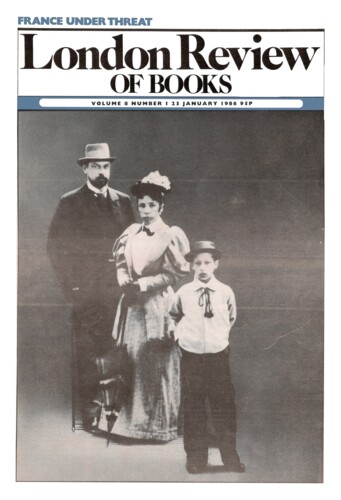The very title of one of these two massive works represents a minor act of courage, and, I suspect, authorial obstinacy in the face of editorial conservatism. It is high time that English-speaking authors began to call Maria Theresia by the name she was given at the font. Only a decade ago, Oxford University Press refused to allow authors to do so; and Cambridge, apparently, still does if we are to judge from Professor Beales’s subtitle. I cannot believe him conservative enough to prefer Maria Theresa if left a free hand, for he is no less bold a scholar than Dr Dickson. Both authors came new to Habsburg history, that most labyrinthine of subjects, with reputations already made in other fields. Both have spent many years mastering secondary literature in a wide range of languages, and in sampling archives all over Europe and even America. These years of patient, careful and imaginative scholarship have now borne fruit, happily enough in the same year, in books which make a fundamental reappraisal of the reign of the Queen-Empress and her tempestuous son. It is appropriate that new perspectives should extend to the name she bore.
Joseph II. Vol. I: In the Shadow of Maria Theresa 1741-1780 by Derek Beales. Finance and Government under Maria Theresia 1740-1780 by P.G.M. Dickson. The very title of one of these two massive works represents a minor act of courage, and, I suspect, authorial obstinacy in the face of editorial conservatism. It is high time that...





